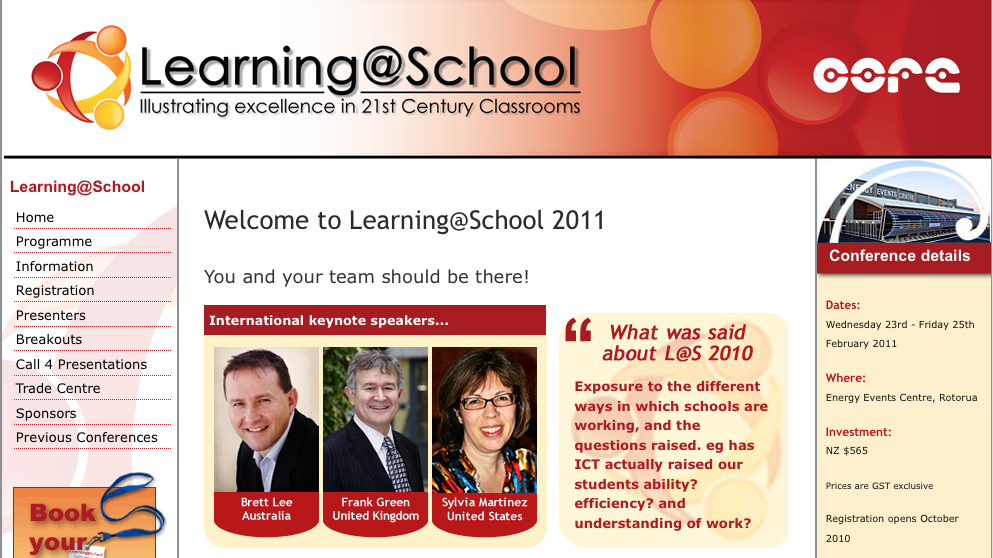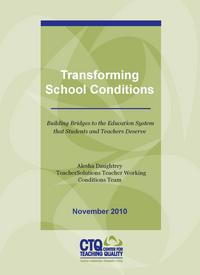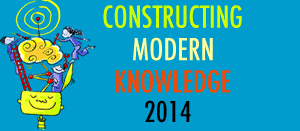It’s so great to have a string of stories about the positive impact of student technology teams in schools. Last Wednesday’s story was from New York, today’s is all the way across the country in Washington in The Olympian, the newspaper of the capitol of Washington State.
The Olympia School District was where Generation YES founder Dr. Dennis Harper settled in about 1990 after working around the world to bring computers to schools in countries from Africa to Afghanistan. He became the technology director and found a school district that wanted to be first class in technology, but had little to start with. He dug in and got started by involving students in every aspect of the district technology - from planning, to getting out the vote for a technology bond, to putting up a district website when no one even knew what that was.
One of the teachers he immediately started to work with was Scott LeDuc at Capital High School. Today Scott is still at Capital, still working with students to make “student-centered learning” a reality. This article profiles Scott and his students who work every day to make education better.
Today’s young people have grown up in a society that revolves around technology.
Want to talk? Send them a text message on their cell phone.
Want to see who their friends are? Visit Facebook.
Want to remove photos from your digital camera and fix that annoying printer error on your computer? Give them about five minutes, and they’ll probably be able to figure out and explain everything to you.
Their teen years are so much different from those of their parents and grandparents, and that’s why students in Capital High School’s Generation Tech class are exploring ways to change their learning experiences, too.
For example, several of the students have begun serving as “technology mentors” at the school, helping teachers and other staff members become more tech-savvy, according to Career and Technical Education instructor Scott Le Duc.
“Education is not going to change fast enough for anyone,” he said. “The only way it’s going to change is if students become the co-authors of the learning experience.”
Read this article - it’s not about technology, it’s about life-long learning…
Although students have access to some of the newest high-tech bells and whistles in their classroom laboratory, much of their growth is taking place outside the class, where students are serving as information resources for others, helping to locate computer support and projects for their teachers and peers, Le Duc said.
“They blow my mind; this group of young people is just awesome,” he said. “They want to see school change, and they’re making it happen.”
Scott authored the GenYES curriculum units on student tech support based on his experiences at Capital High School and years of teaching students how to “learn how to learn” by fixing real problems. Students don’t learn by being talked at - they learn by tackling challenging problems and issues that are meaningful and DOING something about them. And of course, teachers amplify the learning when they guide students through these types of experiences with expertise.
As one of the commenters on the article said - WAY TO GO, COUGARS!
Sylvia


